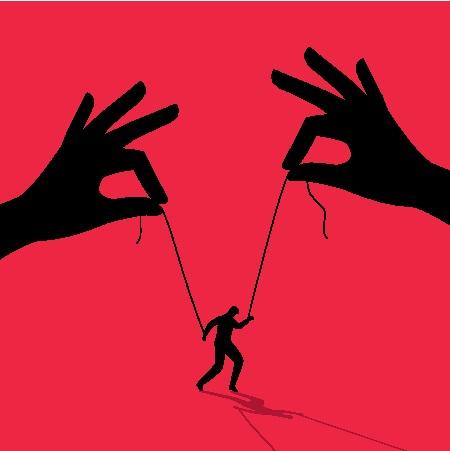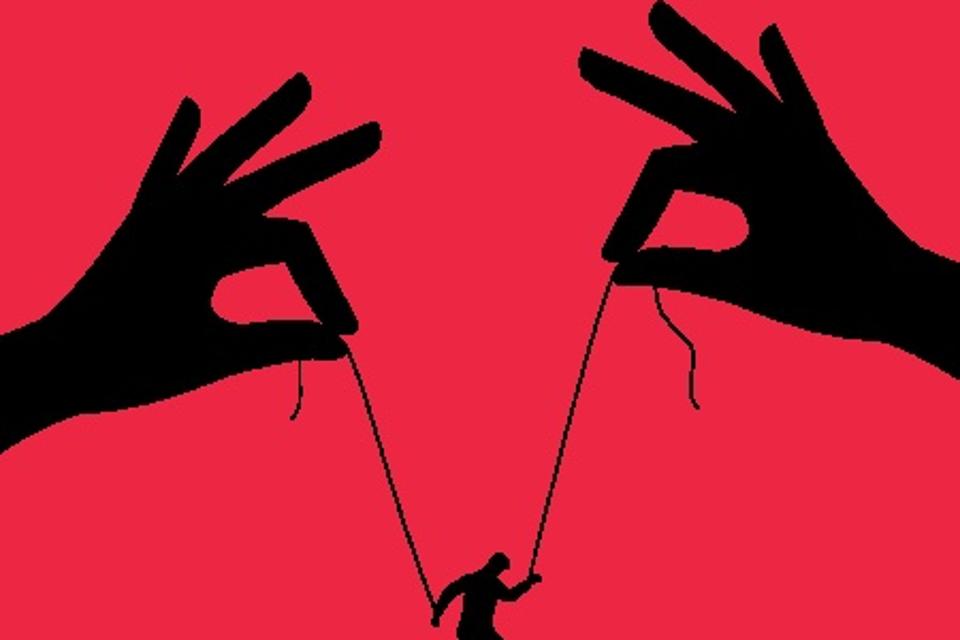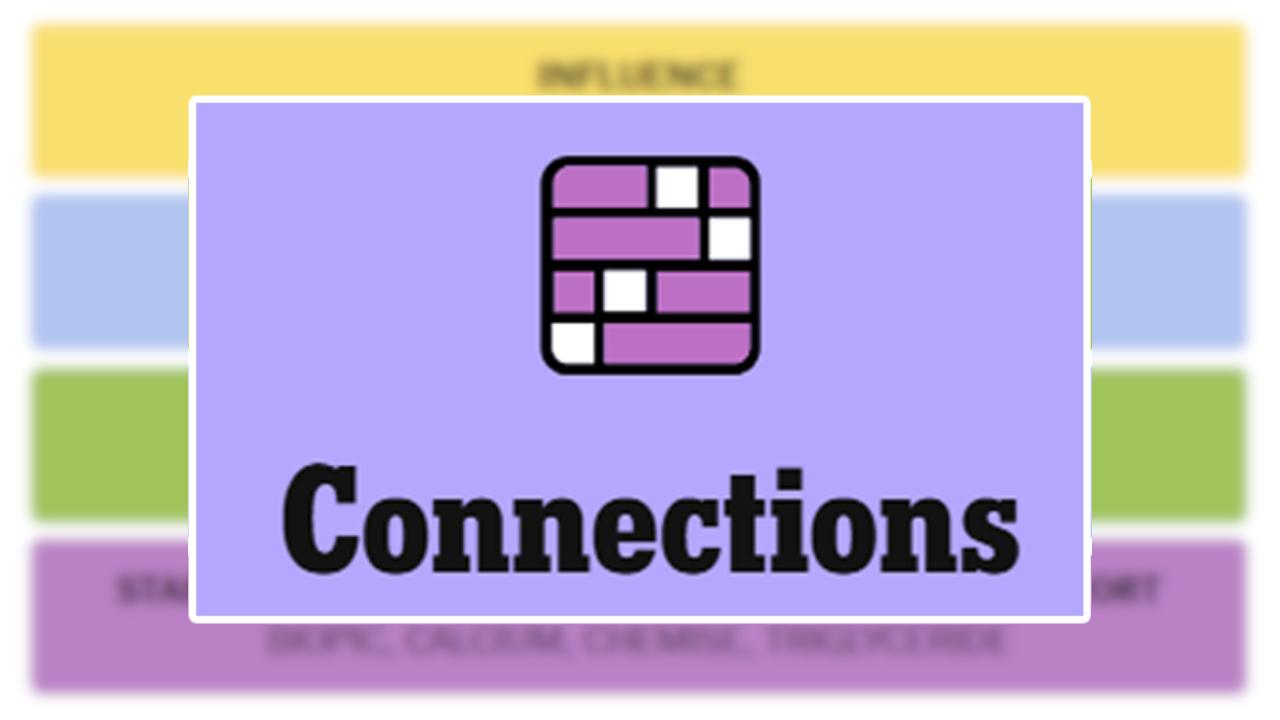If you constantly feel responsible for someone’s unspoken dissatisfaction but can’t trace the true … More
What makes manipulation so insidious is that it’s often so subtle that it’s hard to identify. You may have felt manipulated at times, even without your awareness. This can come in the form of suggestions, silence or subtle emotional undertones that are not always easily recognizable.
“Dry begging” is a common way manipulation shows up in relationships. It’s essentially an indirect way of voicing your needs or desires without outrightly stating them. This creates just enough emotional friction that the other person feels compelled to step in or obligated to help.
While anyone can fall into this pattern in relationships without realizing it, when it comes to narcissists, they often use it strategically. Rather than making a direct request, it’s used to shape the emotional tone of the conversation and manipulate the other person into focusing on them.
For individuals with narcissistic tendencies, this helps them preserve their inflated self-image while still pulling others in to meet their emotional or practical needs.
Understanding how narcissists use dry begging is key to recognizing the emotional traps it creates.
Here are three common ways this tactic plays out in relationships, based on research.
1. Broadcasting Their Burden With The Martyr Complex
Narcissists often play the martyr in relationships, not to ask for help directly, but to put their struggle on display.
This stirs guilt or sympathy which can subtly pressures you to step in and cater to their needs.
This can look like them saying, “It’s fine, I’ll manage everything on my own like I always do,” even when you both tend to share household chores equally. This, said with a heavy sigh, enough to fill the room, can create an emotional impact on the other person.
On the surface, it may appear to be them addressing a grievance. In reality, it’s merely a performative way to make you feel like the uncaring one if you don’t step in, and to establish themselves as a selfless, wounded martyr.
A 2024 study published in Frontiers in Psychology explored how narcissism relates to “relational aggression” — a form of indirect manipulation that uses guilt, exclusion and emotional pressure to control others.
Researchers found that narcissists are prone to this behavior when they feel “relatively deprived,” which refers to when they feel emotionally overlooked or underappreciated. Because they tend to demand much higher levels of appreciation and attention than most people, these standards they impose can be nearly impossible for their partners to meet.
In retaliation, such individuals may use tactics like passive suffering or emotional withdrawal to shape the atmosphere around them and regain control or validation, instead of openly communicating their needs.
This behavior is used to maintain emotional leverage against the other person. The narcissist’s “burden,” in this way, isn’t just theirs to carry; they want it to be yours too, whether you ever played a role in it or not.
2. Creating A Comparison Trap
Another way dry begging can be identified is when you find yourself frequently put in a comparison trap. You may have noticed this when someone constantly hints at how you have it easier, better or more supportive than they do.
These comments often come disguised as self-pity or offhand observations, something like “Must be nice to have help” or “I wish I had someone like that.”
What they might be trying to achieve here is to subtly portray themselves as the one lacking, while shifting an emotional obligation onto you to make them feel better or even minimize your own resources.
You may even feel nudged into fixing that imbalance without them directly asking you.
A 2024 study published in the International Journal of Psychology explored how comparing yourself to others can affect your behavior, especially for people with narcissistic traits.
This study was conducted on over 700 college students.
Researchers found that the more people compared themselves to others, the more likely they were to feel unfairly treated or left out. They also found that these feelings of being deprived often led them to act out through emotionally manipulative behaviors.
This pattern was strongest among people with covert narcissism. Covert narcissism is a form of narcissism where someone may appear quiet or sensitive on the outside but still craves high levels of recognition or control.
These individuals were more likely to feel hurt or wronged when they saw others receiving support and also more likely to respond by making others feel guilty for the same.
3. Inducing Guilt Through Scorekeeping
Narcissists can often carry a strong sense of entitlement in relationships. This entitlement can show up in subtle and emotionally charged ways through dry begging.
Scorekeeping is a prime example of this.
Instead of making a clear request, they might remind you of everything they’ve done for you, how much they’ve sacrificed and how little they’ve ever asked in return.
This is a manipulative way to demand favors of you by making you feel indebted, guilty or selfish for not giving them what they believe they’re owed.
A February 2025 study confirms that narcissistic individuals often have a heightened sense of entitlement, which can distort how they perceive fairness.
Researchers studied 150 employees and found that narcissists tend to overestimate their contributions in the workplace, leading them to feel that they’re being treated unfairly even when they aren’t.
This inflated sense of self-worth and entitlement fuels a belief that they are owed something in return, simply for being who they are.
This mindset of “scorekeeping” or fabricating emotional debt in relationships is a way for narcissists to assert control and preserve their fragile sense of self-worth.
How To Protect Yourself From Emotional Traps Like Dry Begging
Dry begging can be difficult to spot at first. You may even start doubting yourself, wondering whether you’re overthinking or if you really are being subtly manipulated.
When it comes from someone close to you, especially a narcissist, it can seem even harder to separate your genuine care from their control.
One way to shift the narrative is to change the way you respond to their manipulation. You can name their emotion without taking responsibility for it.
For example, if someone says, “I always do everything alone,” instead of rushing to help or apologizing, you could respond with something like, “It sounds like you’re feeling overwhelmed. What would you like to do about it?”
This offers a validating response without you falling for the bait. It also subtly redirects the ownership of their need back to them.
Most importantly, you don’t have to confront every time, but you do have to notice. The moment you begin viewing these patterns as choices on their end rather than obligations on yours, you begin to reclaim your agency.
Maintaining strong boundaries and being able to objectively see the situation with awareness can help you recognize and shut down manipulative behavior.
Their power over you will begin to fade the moment you respond with conscious clarity instead of automatic guilt.
A narcissistic partner’s need for power can be overwhelming. Do you often experience a lack of control in your relationship? Take this science-backed test to find out: Relationship Control Scale









